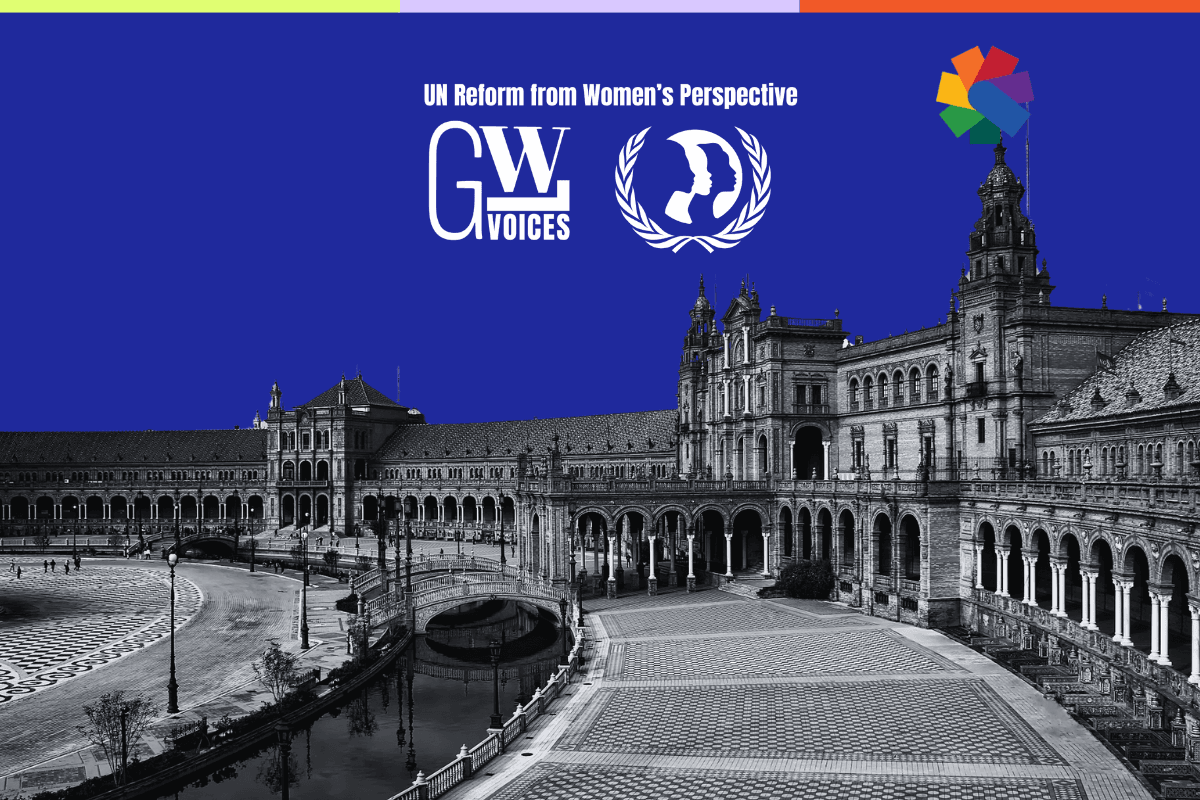GWL Voices on the Road to Seville 2025 #FfD4

Share
As the world prepares for the Fourth International Conference on Financing for Development (FfD4) in Seville, Spain, a rare opportunity emerges: to rethink how global finance works—and for whom. GWL Voices is calling for a bold reimagining of financial governance that places gender equality, environmental sustainability, and human rights at the center.
The FfD process is not a fundraising effort. It is a political space where the global community determines how resources are mobilized, distributed, and governed. It is the only inclusive platform where international economic decision-making can be shaped in a way that reflects the realities—and rights—of those most often left out.
What is at stake at the FfD?
The Financing for Development (FfD) process presents a unique opportunity to reshape global financial systems and create the necessary policy and fiscal space for developing countries to finance their own sustainable development. In the lead-up to FfD4, Preparatory Committee (PrepCom) meetings are being held, in which Members States and civil society come together to shape the first drafts of the outcome document. Whether the Outcome Document will be strong enough to respond to the current needs and challenges countries are facing, remains to be seen in Seville.
The first draft of the FfD4 Outcome Document demonstrates growing recognition of gender equality as essential to sustainable development. It affirms commitments to women's empowerment, gender-responsive budgeting, and inclusive fiscal and trade policies. Key proposals include support for women entrepreneurs, investment in the care economy, promotion of gender-responsive tax systems, and increased access to STEM education and digital tools for women. The draft also calls for better gender-disaggregated data and the mainstreaming of gender across development cooperation, private finance, and economic governance. These are welcome steps, reinforcing the importance of addressing gender disparities in financial systems.
However, the draft lacks concrete implementation mechanisms, financial targets, and accountability structures to ensure gender commitments are met. Crucially, it fails to integrate gender into climate finance, debt relief, and just transition strategies—missing the opportunity to link the care economy and women’s climate resilience. Provisions around trade, private sector investment, and public finance are largely gender-neutral, while the absence of gender impact assessments in debt policy and follow-up mechanisms weakens the transformative potential of the agenda. To close these gaps, the outcome document should include binding commitments, gender-responsive climate finance, and a robust monitoring framework that tracks how financial flows address gender and climate justice.
Toward Sevilla and Beyond
FfD4 must deliver more than a political outcome—it must offer a blueprint for a fairer, more inclusive economic system. That begins with recognizing that gender equality is not a secondary concern, but a foundational requirement for global resilience.
As negotiations unfold, GWL Voices will continue to push for a financial architecture that serves everyone—especially those who have historically been left behind.
Because transforming finance is not only possible—it’s essential.